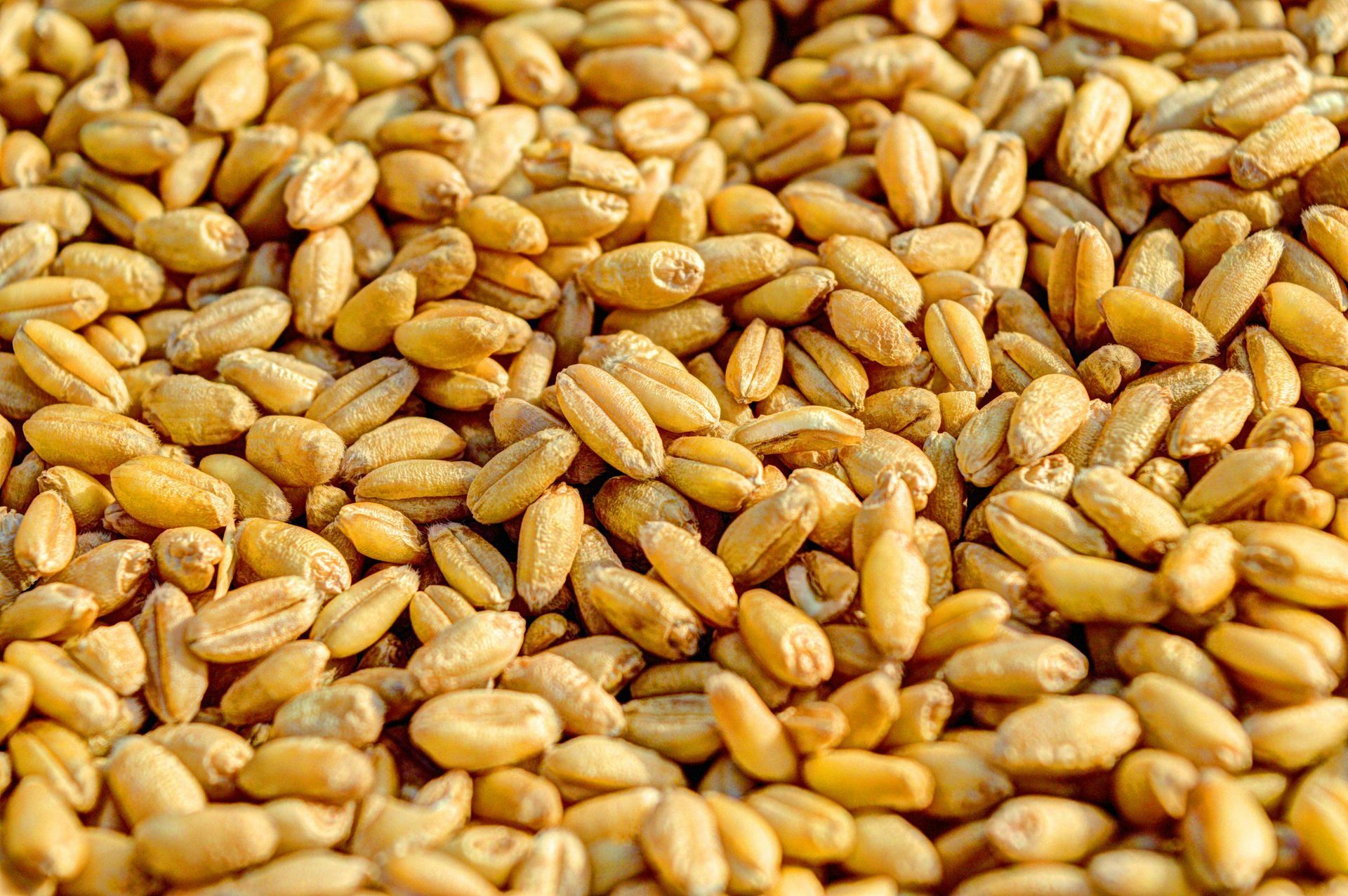The Messiah's Triumphal Entry
Zechariah 9:9 says, “Rejoice greatly, O daughter of Zion; shout, O daughter of Jerusalem: behold, thy King cometh unto thee: he is just, and having salvation; lowly, and riding upon an ass, and upon a colt the foal of an ass.”

Zechariah wrote this prophecy after Jerusalem had just been destroyed by the Babylonians. Instead of focusing on the tragedy, Zechariah saw the day of Messiah’s triumphal entry in Jerusalem. This prophecy was fulfilled when the Lord Jesus entered Jerusalem before His crucifixion (Mt 21:9). Parallel passages found in Mark (Mk 11:7), Luke (Lk 19:35), and John (Jn 12:14), reported Jesus riding on a colt or a young donkey. However, only Matthew mentioned “a colt the foal of an ass” (Mt 21:5), or the mother donkey, just as Zechariah prophesied! Since donkeys and horses belong to the same family of equidae, they can loosely share the same description.
Therefore, the “colt” and the “foal” are acceptable translations to describe that there was only one beast that Jesus rode – with the mother donkey leading the way as her young donkey follows. Matthew’s account demonstrates the direct fulfillment of Zechariah’s prophecy. But the Jews were looking for a Messiah Who was riding on a horse and leading His army to conquer. This would be fulfilled on His second coming (Rev 19:11). Jesus did not enter Jerusalem to conquer the Romans, but to conquer sin and death (2 Tim 1:10). Jesus rode a donkey, a beast known for its stubbornness (Job 11:12). It is a perfect picture of sinful man (Rom 3:23).
By setting the donkey free (Mt 21:2), and riding it as He entered Jerusalem, Jesus demonstrated that He can set us free from the bondage of sin (Jn 8:32), and from the “curse of the law” (Gal 3:13). He also showed that He is in complete control by making the donkey submit to Him! As Christians, we must lovingly submit to our Savior because He now lives in us and works in us “mightily” (Col 1:29). Since God’s law is now written on our hearts (Heb 10:16), we are compelled to serve Him! God bless you!
-Pastor Melito Barrera










